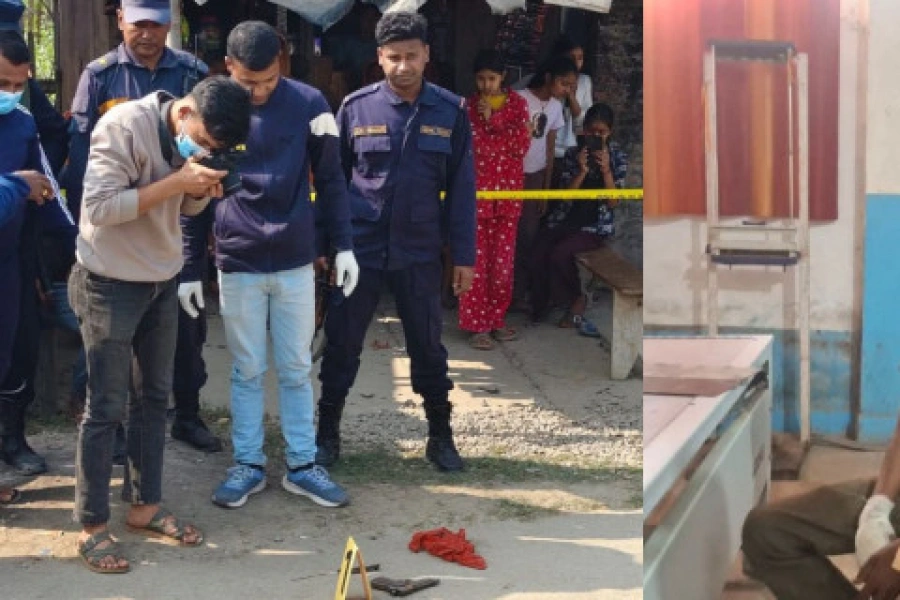KATHMANDU, June 23: Hotel rooms in Nepal now require to be kept vacant for 72 hours before letting another guest check in the room.
The ‘Operational Guideline with Health Protocol For Tourism Sector’ prepared by Nepal Tourism Board (NTB) has made it mandatory for hotels to thoroughly sanitize the rooms and keep them vacant for at least 72 hours to eliminate risk. “Hotels will have to deep clean rooms after guests check out and keep it vacant for 24 hours after every checkout,” reads the guideline. “Re-clean the room, seal it off for further 24 hours before the next guest checks in.” Also the hotels are required to maintain a provision of few rooms as isolation rooms for any suspected case.
The guideline has directed the hoteliers to reduce the touch points as much as possible by leaving doors open where possible. “Introduce virtual check-ins and check-outs with client identification codes in their mobiles and use of digital keys if possible,” the guideline reads, “Elevator rides limited to minimum guests from the same car and bell staff to use separate lifts.”
Demand for hotel rooms in Sauraha skyrockets as UML’s 10th Gene...

Room service will be put on a temporary halt while the hotels should display Covid-19 etiquette and preventive measures in room TV instead of printed material. The payment will be facilitated through digital the wallet and e-pay while gym and health club facilities will remain closed.
The guideline made public on Monday has prescribed phase-wise reentry in the business that has remained shut for three months. In the first phase, businesses are encouraged to continue remote work and return to “in-person” work in phases. As per the guideline, for businesses that do reopen “in-person” operations, common areas should remain closed and strict social distancing protocols should be enforced. Non-essential travel should remain limited. Special accommodation provision has been recommended for workers who are at high risk.
In the second phase, businesses have been encouraged to continue remote work and, for “in-person” operations, common areas need to remain closed. “Moderate social distancing protocols should be enforced and businesses can resume business travels per company requirement and provision for special accommodations for high-risk workers should continue,” the guideline reads.
Employers can resume unrestricted “in-person” staffing of worksites in provinces and regions with no evidence of a rebound of Covid-19 cases during the third phase.
The protocol has been prepared for the reopening of the tourism industry as companies will need to implement workplace safety protocols, which could include providing masks, social distancing measures, physical workspace modifications, and screening and tracing protocols. The companies will need to have written policies and enforcement mechanisms to ensure compliance with those protocols. They will also need to prepare for bringing workers back into the workforce with both strategic and administrative planning.
According to NTB, the protocols and sustainable tourism guidelines are aimed at covering the entire tourism value chain, so that an equally-high acceptable standard is maintained all across the value chain. The regulation and monitoring of the Protocols will be carried out at the central, provincial and local levels as per the procedures laid out by the authorities.








































